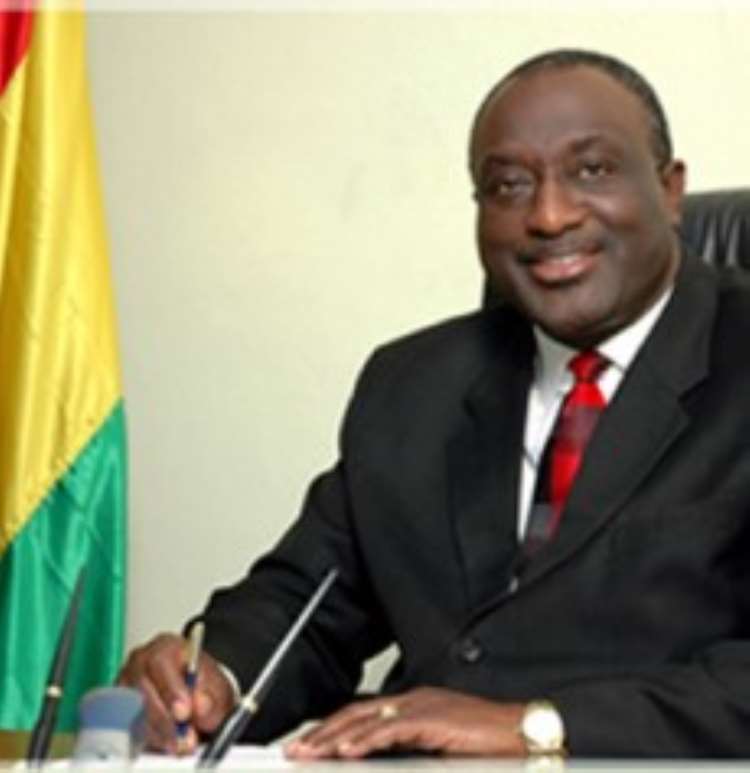With Korea, Indonesia, Mexico, Kenya putting up nominations for the post of Director General, WTO along with New Zealand, Jordan and Ghana the race for the multilateral trade body's top post is truly heating up.I have endlessly blogged about it here and here.
Reuters carried a piece not he potential candidates and the likely success stories here.BBC carried an interview about what the top post entails here.
While the developing country-developed country debate permeates the selection process, the multiplicity of candidates from the developing and LDCs is seen as a spoiler for developing countries to succeed. There is another view that the country of origin of the nominee should not matter in the selection process - only competence should.
Whatever be the outcome of this race (the results would be out in May 2013), certain guidelines on the WTO website from the "Procedures for Appointment of the Director General" adopted by the General Council of the WTO in 2002 are pointers to the way things should move forward:
"1.The appointment process shall be guided by the best interests of the Organization, respect for the dignity of the candidates and the Members nominating them, and by full transparency and inclusiveness at all stages, building on the best practices established over the past years with regard to internal transparency and participation of all Members.
2. The overriding objective of Members in this process shall be to reach decisions by consensus."What is more interesting in the guidelines is the reference to diversity of membership:
"13. In order to ensure that the best possible candidate is selected to head the WTO at any given time, candidatures representing the diversity of Members across all regions shall be invited in the nominations process. Where Members are faced in the final selection with equally meritorious candidates, they shall take into consideration as one of the factors the desirability of reflecting the diversity of the WTO's membership in successive appointments to the post of Director-General."
With the majority of Director General's in the past being from the developed world, would the mandate of recognizing diversity indicate that a preference this time should be given to a developing or Least developed country. The coming days of consultation, formation of a consensus and ultimate selection (probably by a vote) by the General Council will ultimately decide that.
James WIlliamson in a comment on this blog to an earlier post summarized the chances of the candidates well:
James WIlliamson in a comment on this blog to an earlier post summarized the chances of the candidates well:
"The DG post should be given to an African. There has been a tacit understanding among developing countries that the next DG should come from either Africa or Latin American. It is therefore surprising for Indonesia and Korea to nominate candidates for the post. In the case of Korea, they are being greedy considering that there is a Korean UN Secretary-General and a Korean-American World Bank President. Korea is also represented on the WTO Appellate Body. Countries need to be sensitive when nominating candidates. The same goes for Brazil and Mexico. For a start, Brazil's trade envoy is young and does not have any substantial managerial experience. He has not been a Minister and has not managed anything substantial. Being the head of mission hardly qualifies one to head the WTO. Moreover, as a big player in international trade circles, it is not good for the WTO Chief to come from such a country. Had Lamy come from a small developing country, he could have probably succeeded in bringing closure to the Doha Round. A Brazilian was recently named as the Head of the FAO and they also had someone who competed for the Director-General of WIPO. There is a Mexican currently heading the OECD, so it would be too much for another Mexican to head the WTO. The other candidates do not have impressive credeentials. The Kenyan candidate has never held any Ministerial position and has not distinguished herself in the trade field. She was unsuccessful in her did to become a member of the Appellate Body. The candidate from Jordan is a scientist and has not had much involvement with the WTO and the multilateral trading system. That leaves four serious candidates, Mari Pangestu of Indonesia, Tim Groser of New Zealand, Alan Kyerematen of Ghana and Anabel Gonzalez of Costa Rica. It may be difficult for Indonesia to get the support of other developing countries, for the simple reason that it had been agreed among developing countries that the next DG should come from Latin America or Africa, given that Dr Supachai is from Thailand. It may also be difficult for Tim Groser to be elected for the simple reason that he is from New Zealand, where Mike Moore comes from. Moreover, there is an understanding among developing countries that they will not accept a candidate from the developed World. Between Ghana's Alan Kyerematen and Costa Rica's Anabel Gonzalaz, the Ghanaian candidate has more impressive credentials. It is known that Anabel Gonzalez had a hard time managaing the Agriculture Division of the WTO, so managing the whole WTO would be a challenge which she cannot cope."
Let the battle begin!



